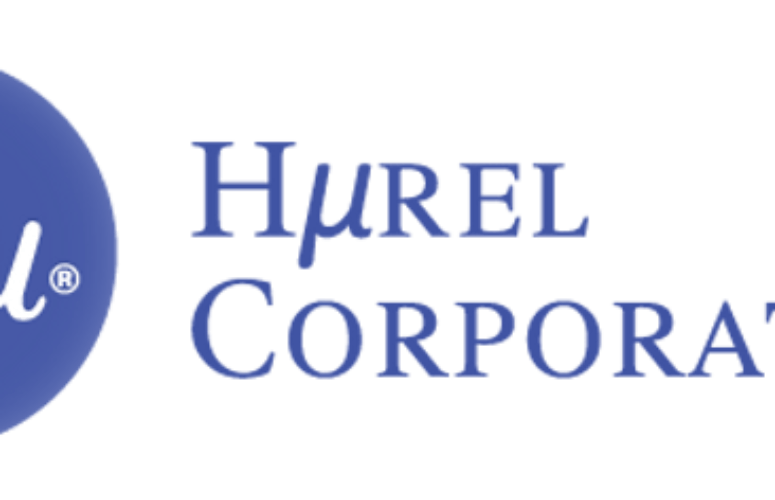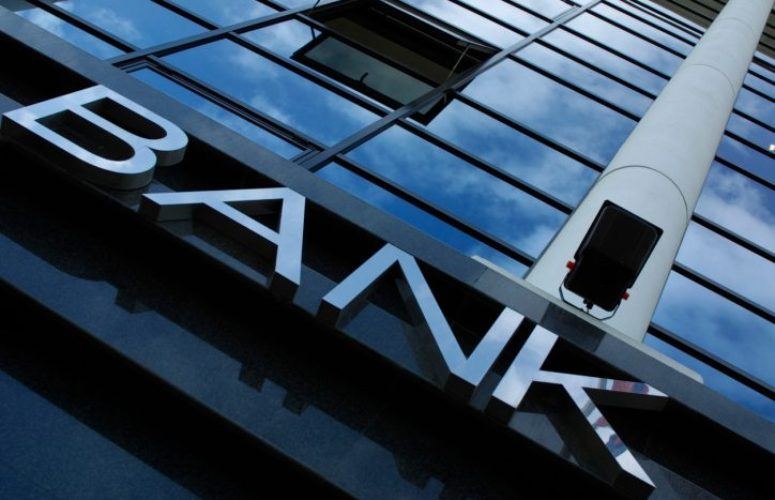
Matching a Small Business with the Right Bank Technology and Services
Targeted, leading-edge technology bolsters small businesses.
By Michael Silverstein, Contributing Writer On May 1, 2014For small businesses in New Jersey, the first quarter of this year added a weather wallop to a still shaky economic recovery. With the approach of improved weather, however, many of these enterprises are seeking to boost their market presence and are looking to area banks for help in doing so.
New Jersey banks, for their part, are working diligently to add more of these small businesses to their customer rosters with targeted services that include leading-edge technology. An interesting element of this growing trend involves banks working more closely with a type of small business not always aggressively sought by banks in the past — startups.
Overall, a bank’s present customers are often the most valuable guides when it comes to reaching out to new small business customers that might make a good bank fit. “We look at our portfolio of existing clients, at relationships we already have with business owners, with their businesses and their vendors,” for possible new matches, reports Jane Navarria, Wells Fargo’s New Jersey business banking area manager in Summit.
“We feel the pulse of the market in areas where our branches are located,” notes Margaret Sanchez, vice president, small business banking at Kearney Federal Savings Bank in Pine Brook, one of 41 Kearny branches in the state. This is a good way to tap into new client possibilities. “Our marketing group also provides strong support in reaching out to small businesses via Facebook and a website,” she adds.
Banks may have certain views when it comes to small businesses that help guide them in making a match. Thomas F. Kelly, senior vice president and director of business banking at Beneficial Bank, indicates some of his industry preferences. “I view it as a kind of triangle … Our premier [small business] customers are professionals such as lawyers, doctors, accountants and architects. In the middle of this triangle are services and manufacturing companies. Restaurants and contractors are at the bottom of this triangle because they tend to be more risky.”
David Hanrahan, Sr., president and CEO of Capital Bank of New Jersey in Vineland, defines his preferences a bit differently. “We’re interested in attracting quality businesses for long-term relationships. … To attract them, we utilize our network of professional contacts such as those we have with CPAs in South Jersey.”
The Relationship Thing
Banks with small business customers almost always like to emphasize the personal nature of these business-banking relationships. What “relationship banking” actually means, however, can differ from bank to bank.
Hanrahan, whose bank has four branches in the state, says: “Our services to small businesses differ from what they’d find at many larger banks. There, they might first see a development lender person, then a credit person who does the underwriting, then a person or committee that they never actually see who decides on a loan … it is a very bureaucratic structure. With us, the first person you see does it all. The same businesses we brought in [to our bank] years ago have the same relationship person they had then.”
The Beneficial Bank, which has 26 branches in New Jersey, posits a different small business emphasis. “We call ourselves the knowledge bank,” says Kelly. “It’s knowledge spread over a number of banking specialties. If a [small business owner] customer has wealth management needs, our relationship managers can put this person in touch with someone at the bank who is an expert in this area. The same is true with a customer’s borrowing needs. … These relationship managers are the center of our wheel of services.”
Part of his institution’s knowledge bank approach involves what Kelly calls “a think tank for small business owners.” This is a regular series held in a Cherry Hill location on topics of special interest to these owners such as retirement and succession planning, and Internet and technology for business, etc. “It’s a way we add value by educating small business customers,” Kelly says.
The number of direct contacts between a bank and a small business owner can vary greatly. “Some business customers need more hand holding than others,” Sanchez says. But “our branch managers are always in contact with our small business customers on a fairly regular basis.”
Another view of business-bank relationships was offered by Navarria, whose bank has 304 branches in New Jersey. “All banking, whether business or consumer, is personal,” she says. “It’s all based on trust, and on the capabilities of the bank that’s behind you.”
A Varied Menu of Banking Services
Every bank with small business customers offers a varied suite of merchant, payroll and other services. “It’s really the industry a [small] business is in that determines the banking services actually chosen,” says Kelly. “A lot may also depend on how the business goes after its own customers, which, in some cases, might incline them to opt for more or less high-tech services.”
The way banking services are packaged and presented may be attractive to some small businesses. “We have 84 product lines that have the ability to fill any needs,” reports Navarria. There are product and services that can accommodate any business of any size, and can do so at any stage of growth.”
“Keeping up when it comes to in-house technology has become increasingly important in competing for banking customers. Kearny went to a new serving platform early this year for both business and personal customers,” Sanchez says. “We spent a lot of energy telling our customers about this change, a monumental change,” adds Maria Vivona-Palumbo, assistant vice president/small business banker with Kearny in Fairfield. “It’s the same platform used by [very large] banks such as Citi … We now have the capacity to handle any new [functions] that come along in the future.”
Working with Startups
Bank lending to startups has traditionally been very limited for obvious reasons. Hanrahan explains: “The most important thing for us is the cash flow of a business. No level of [personal] collateral can make up for poor cash flow … I’m not in the business of taking over an asset if the cash flow doesn’t allow a business to service a loan.”
Startups usually are high risk and come with red flags, agrees Kelly. “We make sure we do very careful due diligence before we consider making a loan, such as checking their experience in the industry of which they will be part.” In certain circumstances, though, “we may partner with other organizations … that will participate with the bank to make funds available.”
“The ability to repay is, of course, the first thing we look at,” Navarria says. “But there are different kinds of startups with different capabilities to repay and different needs for a bank’s capabilities.”
A given startup is not always an entrepreneur’s first business either. This person could be a serial entrepreneur with successes in other businesses, which might influence a bank’s views. The present growth of healthcare businesses that may include practitioners with extensive experience and excellent prospects – even though they have no independent business track record – might be another exception.
The extraordinarily rapid jump from nowhere to significant revenues of some sectors of the new economy is another thing that banks may consider. Navarria points to mobile apps and certain online businesses in this regard. As an example of the latter, she cites a room-sharing network started online — a new kind of business startup that quickly produced impressive returns.
Navarria works at Wells Fargo with small businesses in the $2-million to $20-million annual revenues range. Jim Malcolm, the bank’s northeast small business segment manager, headquartered in Plymouth Meeting, Pennsylvania, is a specialist working with companies that have revenues ranging from zero to $2 million a year – startups falling into the lower end of that range.
When it comes to lending, he says, there are other credit vehicles than a bank, “and a bank’s relationship with a startup need not involve just lending.” There are other things that we can do “that nurture them as they grow.”
Vivona-Palumbo notes in this regard how her bank can help a new company with its business plan. “We also work very closely with economic development centers in this area in other ways,” she says. “We have been working side by side with their directors for a long time.”
While trusted professionals such as lawyers and accountants will often refer a small business, including a startup, to a bank, it works the other way, too. Banks with consumer customers seeking to start a business will often direct them to the professionals needed to get the venture up and running.
Conclusion
The term “small business” encompasses a huge body of enterprises of incredible diversity. “I always seem to be coming across small businesses that have found new ways to make money,” Kelly notes.
It will surprise no one that a great many small businesses in New Jersey have long been experiencing hard times. However, a recent survey by Well Fargo that tapped many small business sectors in the state found rising optimism in a number of these sectors. Healthcare, other professional services and manufacturing/distribution/wholesale businesses emerged as being especially positive in their outlooks.
A more positive small business outlook translates into banks seeking more small business customers. And as one banker notes: “We’re now cash rich and looking to do more lending.”
Related Articles:





